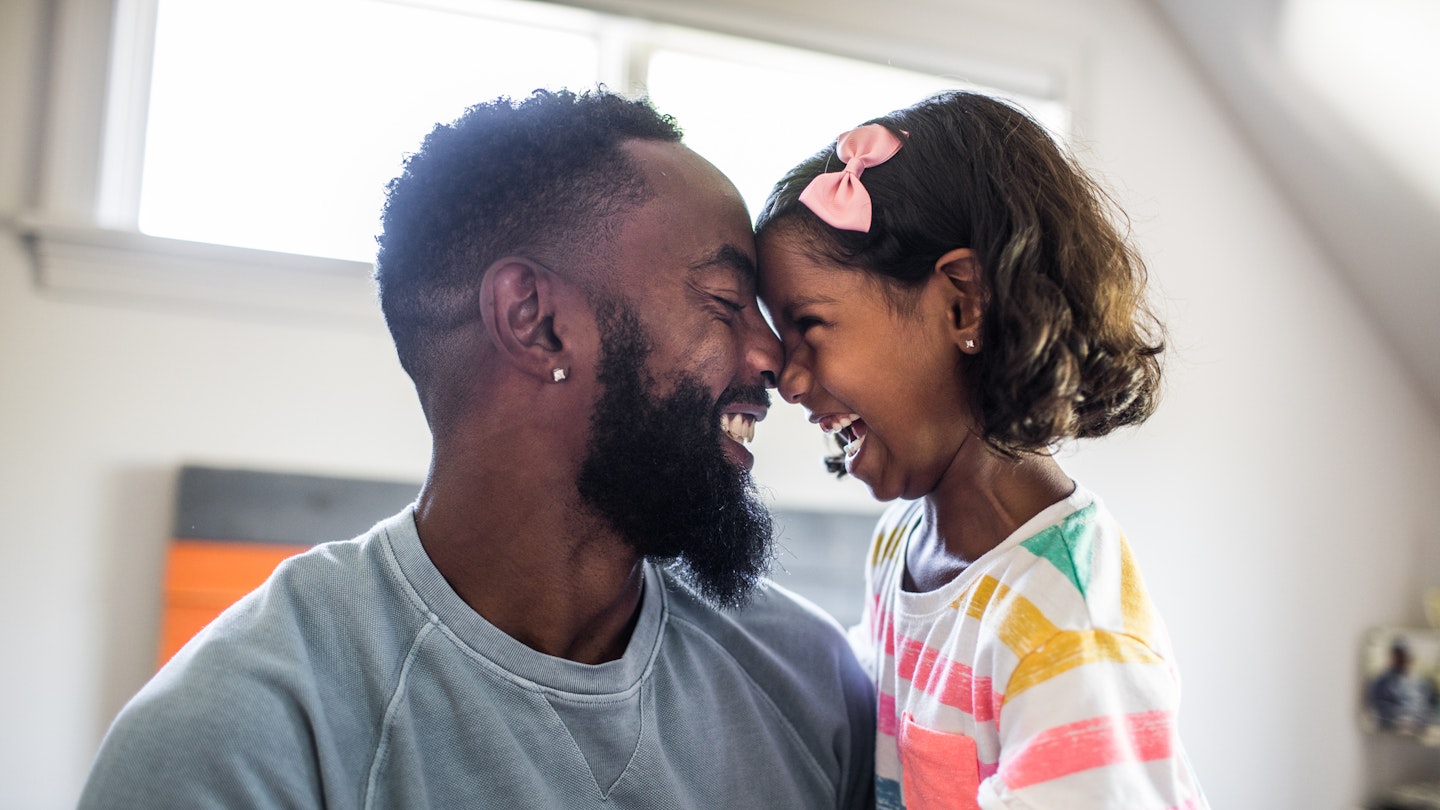When stay-at-home dad Ashley Howl took his baby daughter Betty (now 10 years old) to appointments with health visitors, the staff responded as if he couldn’t possibly be her main caregiver.
'They’d look right through me. I remember them telling me to ask her mum to keep a diary of things like what Betty was eating, how often she went to the toilet and so on, to bring in next time. Like they couldn’t trust me to provide that information myself, even though I was the one looking after her most of the time.'
The ’mother default’ Ashley experienced is not unusual: the UK’s family policies and services are simply not set up to recognise or support involved fathers during their children’s childhoods or adolescence – and wildly exaggerated estimates of ‘fatherlessness’ are commonplace.
In our training courses, we regularly encounter family professionals who think only around half of couples are ‘together’ when their baby is born. In fact last year in England, 95.4% of mothers and fathers registered their baby’s birth together (percentages are similar in the rest of the UK); and new research about fathers and adolescents shows that of the 95% of UK fathers present in their baby’s life in the year 2000, almost nine in ten were still part of their lives when they were teenagers.
Why should we care? Because there is clear evidence that today’s fathers matter, from birth right through to early adulthood – and whether or not they live full-time with their children. We should be championing their participation, not shutting them out.
Take fathers’ mental health. Fathers’ depression in the postnatal year is associated with children doing worse at school at age 16, and with depression in children at ages 9-10 – and in daughters at age 18. When fathers are depressed during their child’s adolescence, the effects can be even more severe.
Time with dad matters: when fathers spend little time with their teenagers, this is associated with lower happiness and higher teen hyperactivity – and among boys, with being bullied. Closeness counts too: when teenagers feel close to their father (and around two-thirds do) they tend to have higher self-esteem and feel happier, and are less likely to suffer poor mental health, and to self-harm. Time and closeness with dad are also associated with better school grades.
Today’s adolescents are far better behaved than they were 10 or 20 years ago: confirmed offences committed by 10–17-year-olds in England and Wales dropped 81% between 2012 and 2022. Far fewer young people now smoke, drink alcohol excessively or use cannabis, and only a fifth of 15-year-olds in England in 2018 said they had lost their virginity, compared to over 35% in 2002.
Fathers cannot take all the credit for this but, over the past four decades, father-adolescent relationships have been improving across the world. This, plus young people ‘going out’ less and spending more time on screens at home (meaning, among other things, that they are consuming less alcohol) protects them and their communities from many of the most common youth risk behaviours.
The bad news, though, is that an estimated one-in-five of young people feel they do not have even one parent they feel close to or can rely on.
The solutions are obvious: offer fathers well-paid leave in their baby’s first year (at least two weeks’ paternity and four weeks’ parental leave, paid at 90% of salary);upgrade NHS and other data systems to routinely record fathers’ details; and require practitioners to engage with fathers as well as mothers. Dads like Ashley need our support. Adolescents like Betty will thank us for it.
